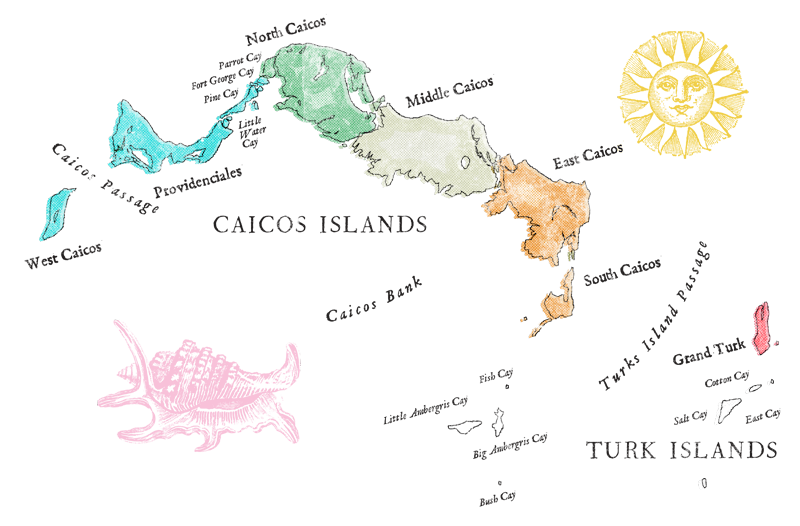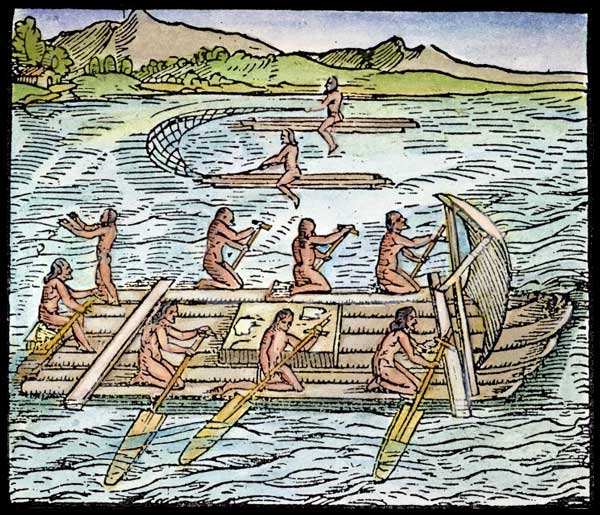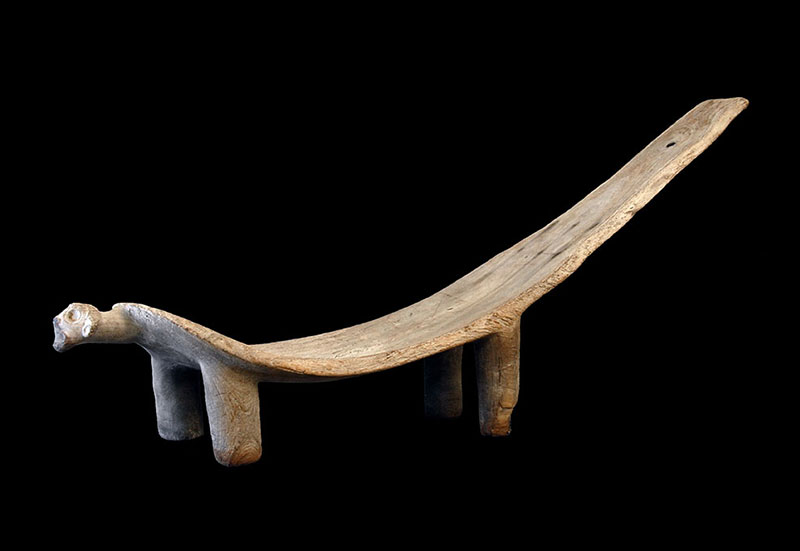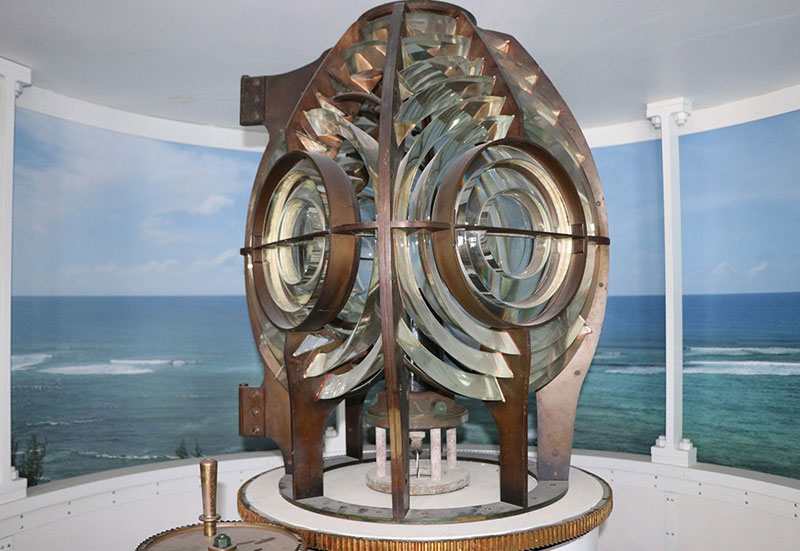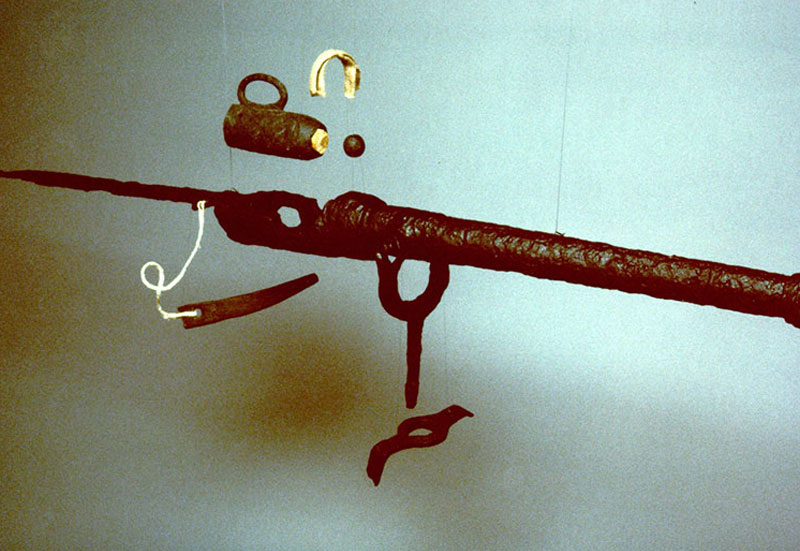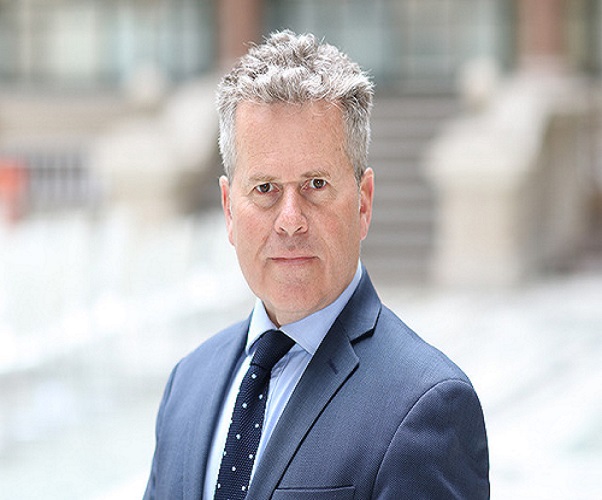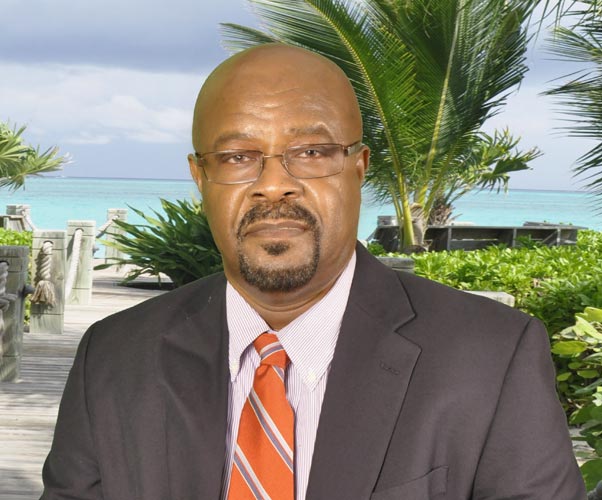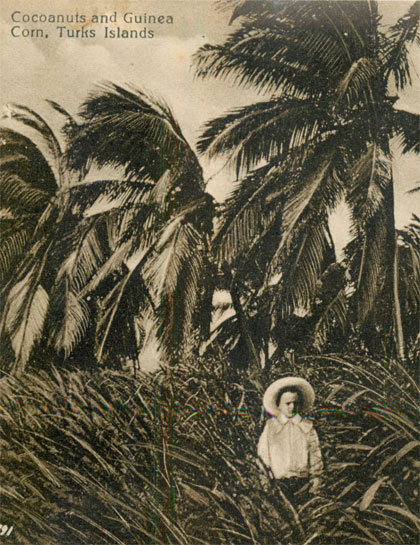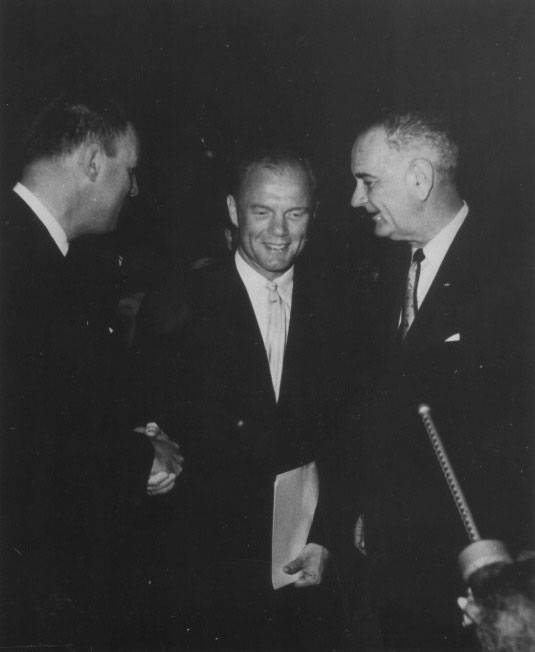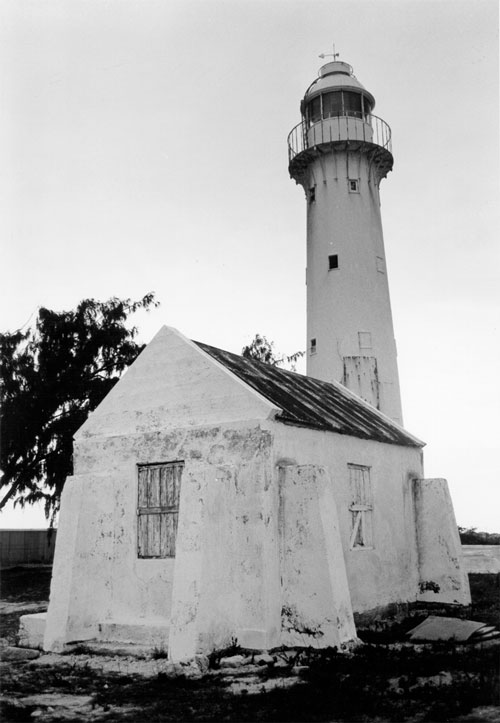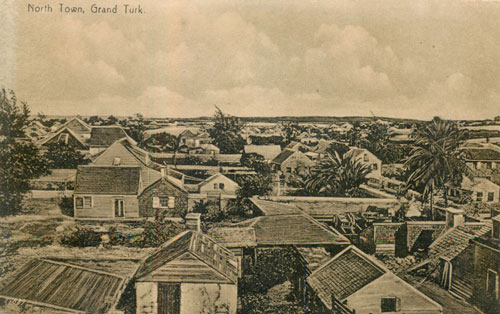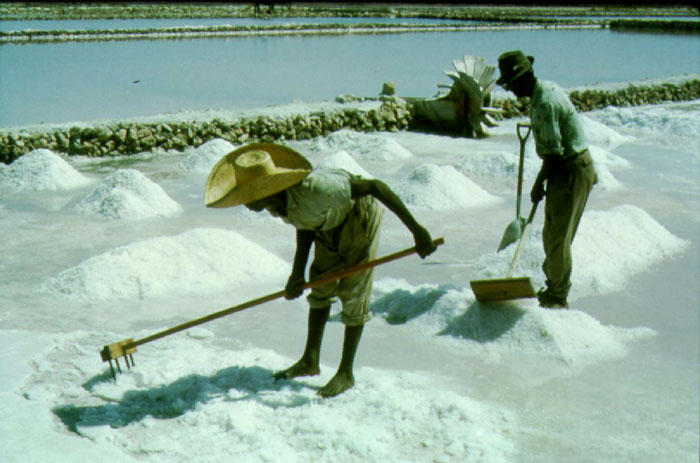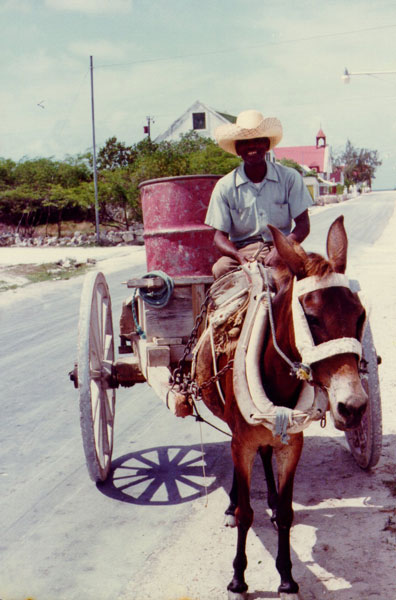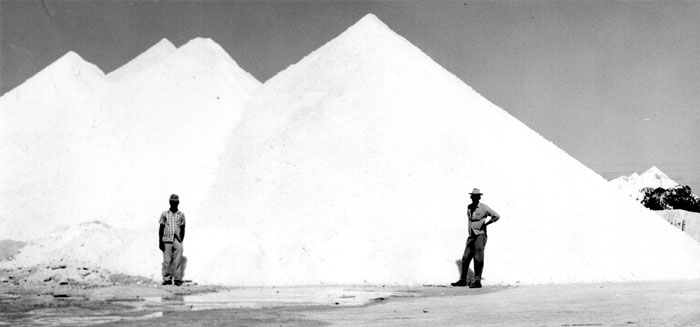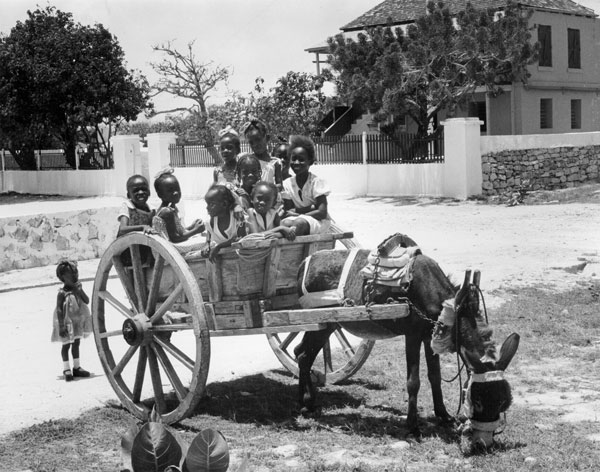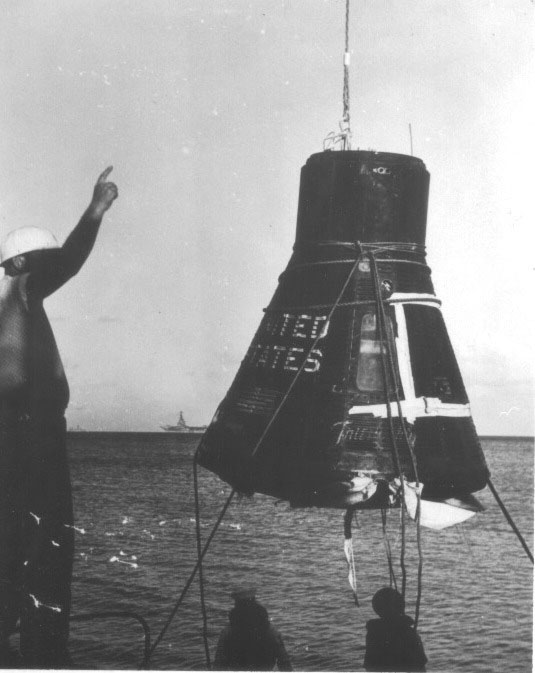Different Versions of History
We cannot forget that prejudice exists within historical documents. As usual history sees a wide range of biased recording.
Individual’s misconceptions are written as fact. State discrimination influences the reporting, censorship occurs, and lack of education perpetuates the bias. The recording of course is not always contemporary. In 1884, after a visit to the Caicos Islands, the Governor of Jamaica, Sir H W Norman recorded:
“The people of the Caicos Islands are, for the most part, negroes. It is understood that they are principally the descendants of slaves brought over by Loyalist refugees from Georgia after the declaration of independence by the United States. The Loyalist settlers constructed substantial stone houses and made roads, traces of which still remain. They had houses and raised crops, but the settlers have long since disappeared. It is believed that some insect destroyed their crops, and that this led to their departure. The blacks who remained relapsed into something like savagery.”
The ex slaves were blamed for the poor soil, by not cultivating it properly the richness was lost and at this time they would move to a new plot of land and start the process over again. They could produce sufficient food for their daily wants and would do so by clearing an area, usually by burning to farm and this had the inevitable consequences. The truth is that the White educated plantation owners had started the depletion of the soils and that the slaves were left behind without proper education or training. They did not choice to be there and made the most of their situation.
We must also remember that modern researchers all have their own prejudices and goals. Interpretation of existing data will always be open to a variety of conclusions. This will depend on the researchers color, sex, age and even sometimes the source of funding or the final destination for the research. In truth there is nothing wrong with this as it allows for an open debate, and who are we to say which interpretation is right or wrong, or at least the closest to the “truth”.
It should be stated here that museums would play a pivotal role in this research. Museum curators use their own biases not only in choosing what subjects will be covered by that museum but also what objects, illustrations and text will be used. All galleries are subjective; they can’t be anything else. However, the curators should try to minimize their own prejudices by getting in support from the local community to try and come up with a more balanced approach. They should also try and resist political will and instead of telling the story that the government or people want to hear, they should aim for the best-balanced approach that is possible.
